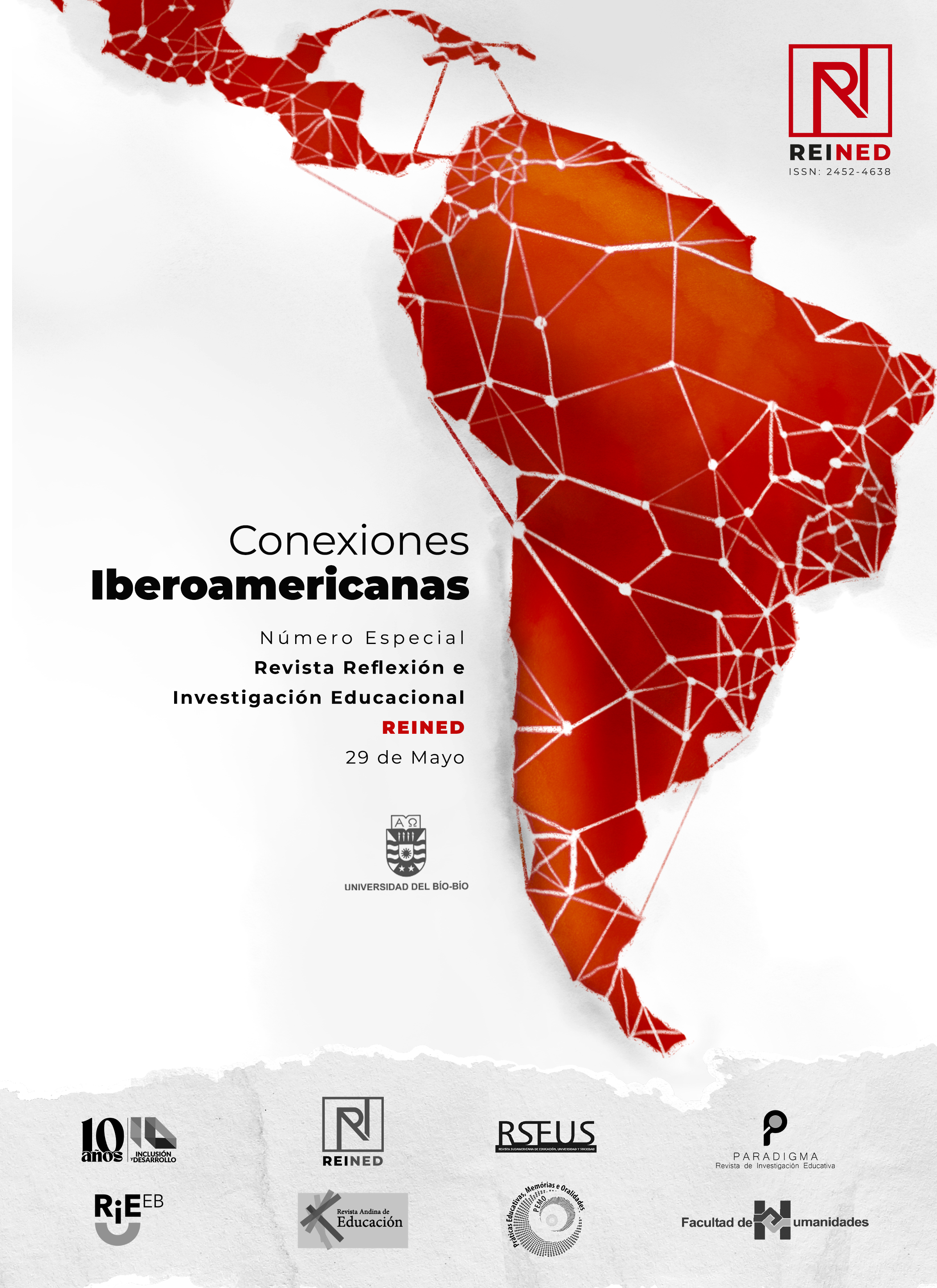DEVELOPMENT OF TALENTED STUDENTS IN HIGHER TECHNICAL TECHNOLOGICAL EDUCATION IN ECUADOR. CASE STUDY: INTEGRATION INTO AN EXTERNAL ACADEMIC COMPETITION
Main Article Content
Abstract
The effects of the memories of the integration of a talented student of the Ecuadorian technological technical higher education in an external academic contest are described. The methodological process is based on the achievement of three phases: the first for the selection and preparation of the student, the second for the development of the contest, and phase three to evaluate the skills acquired by the student after their participation. The experience and learning of the successful participation in the event falls mainly on the strengthening of behavioral competencies related to perseverance to achieve and complete the goals set, effective performance during collaborative work, the development of relationships, effective social and self-recognition as an individual who contributes to a certain social niche and to the productive sector for which he has been trained. The results established the linking of talented students to external competitions as a valid strategy for developing competencies, mainly behavioral, which, for reasons and conditions specific to this type of student, have not been able to be potentiated in the classroom.
Article Details
References
Flanagan, A., & Arancibia, V. (2005). Talento académico: Un análisis de la identificación de alumnos talentosos efectuada por profesores. Psykhe, 14(1), 121-135. DOI: 10.4067/S0718-22282005000100010
Hernández, L. & Massani, J. (2018). La atención educativa a estudiantes con talento académico en la educación básica secundaria en Colombia. Universidad y Sociedad, 10(3), 381-386. https://tinyurl.com/ythahb8x
Palma, J., Menéndez, J., Loor, J., & Venegas, L. (2018). La didáctica aplicada a la educación técnica y tecnológica. Revista de Ciencias Humanísticas y Sociales (ReHuSo), 3(2), 35-43. https://tinyurl.com/5n6s85sn
Pazmiño, D., Ocampo, W., & Huilcapi, N. (2019). Criterios de evaluación del talento académico en función de las competencias. RECIMUNDO, 3(3), 527-544. DOI: 10.26820/recimundo/3.(3).septiembre.2019.527-544
Reyes Rodríguez, M., & Vizcaíno, A. (2022). Talento académico en la enseñanza general: Contexto cubano, una revisión bibliográfica. Psidial. Psicología y Diálogo de Saberes, 1(1), 82-98. DOI: 10.5281/zenodo.6395533
Reyes Santander, P., Aceituno, D., & Cáceres, P. (2018). Estilos de pensamiento matemático de estudiantes con talento académico. Revista de Psicología, 36(1), 49-73. DOI: 10.18800/psico.201801.002
Salas, E., & Gallardo, K. (2022). Revisión de la literatura sobre el tema de la influencia del género en la identificación y desarrollo de alumnas talentosas. Revista Brasileira de Educação Especial, 28. DOI: 10.1590/1980-54702022v28e0025.
Sánchez, M., García, J., Steffens, E., & Hernández, H. (2019). Estrategias pedagógicas en procesos de enseñanza y aprendizaje en la educación superior incluyendo tecnologías de la información y las comunicaciones. Información Tecnológica, 30(3), 277-286. DOI: 10.4067/S0718-07642019000300277
Solís, M., & Duarte, P. (2018). La educación superior tecnológica y la empleabilidad. Revista Universidad y Sociedad, 10(3), 21-33. https://tinyurl.com/39sfhwja
Steiner, H., & Carr, M. (2003). Cognitive Development in Gifted Children: Toward a More Precise Understanding of Emerging Differences in Intelligence. Educational Psychology Review, 15, 215-246. https://tinyurl.com/mzewkx2e

